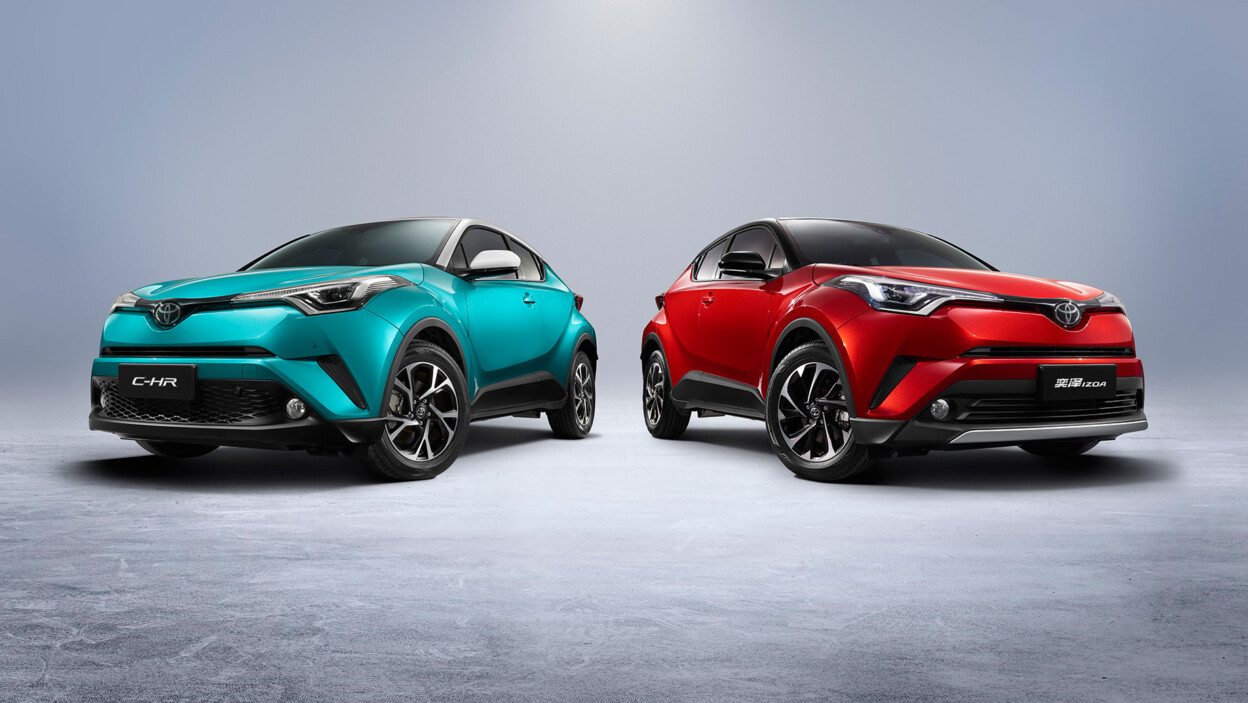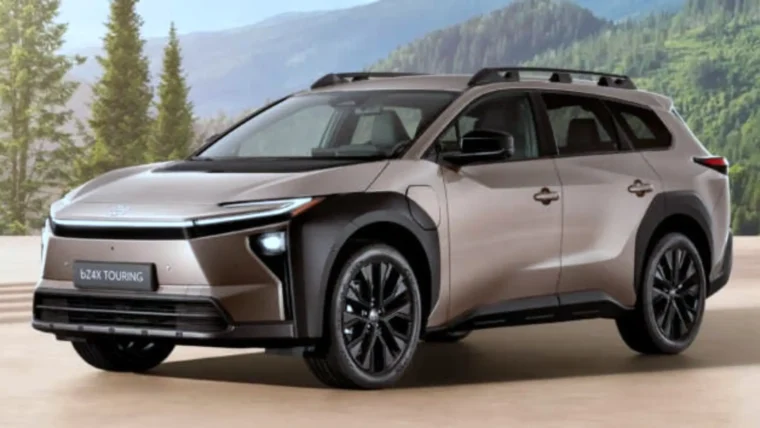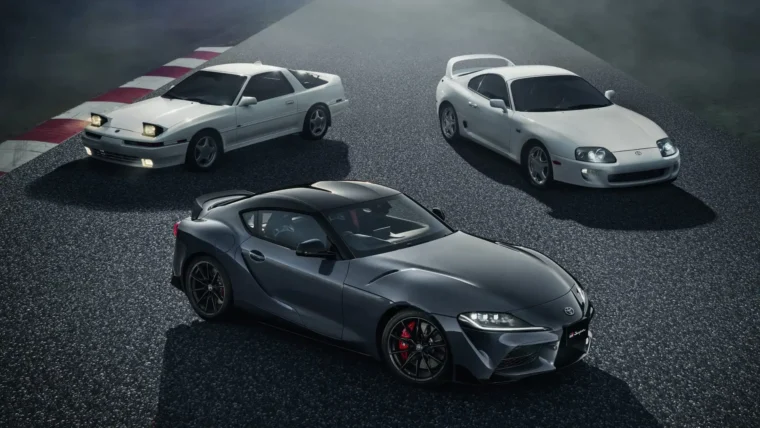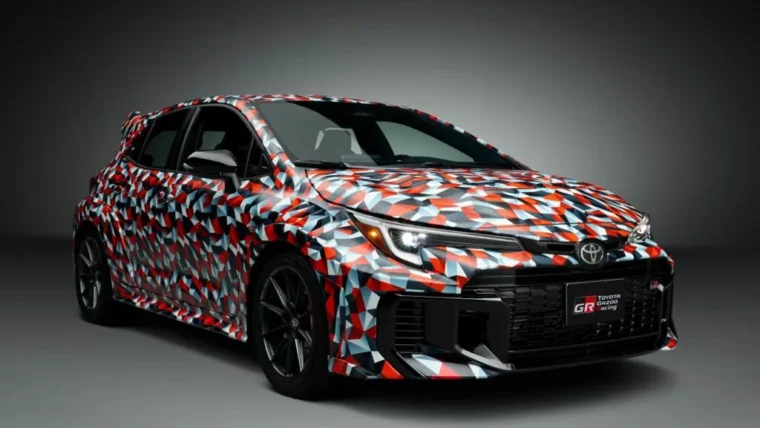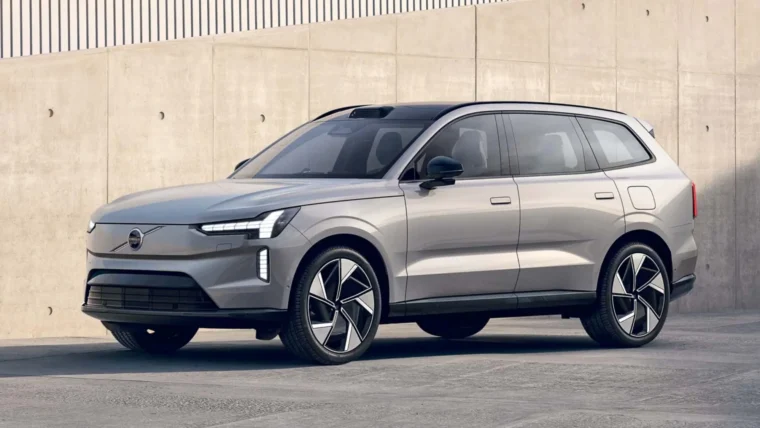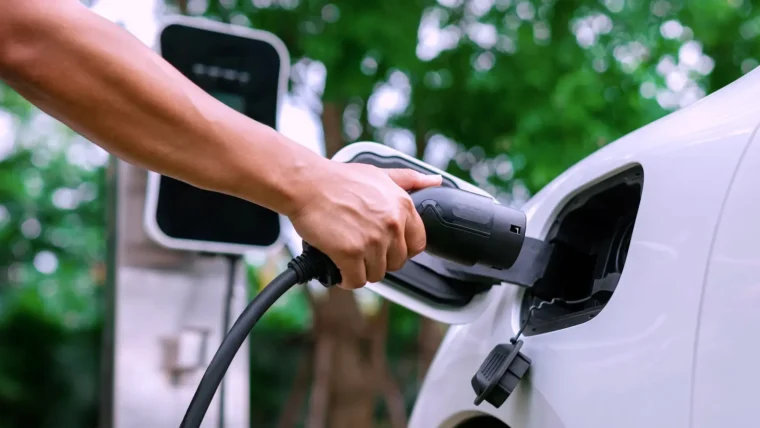Toyota announced that it plans to introduce to the Chinese market plug-in hybrid electric vehicle (PHEV) versions of its “Corolla” and “Levin” passenger cars in 2019 and a battery electric vehicle (BEV) model based on its “C-HR” / “IZOA” compact SUV in 2020. Including these, Toyota plans to introduce 10 new electrified vehicles in China by the end of 2020. And, by further promoting its local production of electric motors (powertrain components), batteries, inverters, and other electrified-vehicle core technologies, Toyota aims to further accelerate its China-based vehicle electrification efforts.
The PHEV versions of the Corolla and Levin were unveiled today during the opening day of the Beijing Motor Show. Both models are expected to have a BEV driving range of 50 kilometers or greater, and in 2019, Toyota will begin producing them in China, marking Toyota’s first overseas production of PHEVs.

With an aim to achieve locally based vehicle electrification, Toyota has been working with its Chinese partners and members of the Toyota Group to build a local production base for key components. Efforts have included the launch in 2015 of production of transaxles for hybrid electric vehicles (HEV) at Toyota Motor (Changshu) Auto Parts Co., Ltd. (TMCAP). Going forward, Toyota intends to respond to further expected growth in demand for electrified vehicles through such measures as increasing the annual production capacity for nickel-metal hydride battery modules at Sinogy Toyota Automotive Energy System Co., Ltd. (STAES) and Corun PEVE Automotive Battery Co., Ltd. (CPAB) to 220,000 units in 2020.
To accelerate its vehicle electrification in China, Toyota is also strengthening its local R&D and production bases. In 2020, it plans to open a new battery testing facility at Toyota Motor Engineering & Manufacturing (China) Co., Ltd. (TMEC), which is Toyota’s R&D center in China, for evaluating battery packs for electrified vehicles. And, with its sights set on introducing BEVs in 2020, Toyota is steadily enhancing its local production structures.

In 2017, including sales of the “Corolla Hybrid” and “Levin Hybrid” installed with locally produced hybrid units, Toyota sold approximately 140,000 electrified vehicles in China. That brought its cumulative total of electrified vehicles sold in the country to approximately 350,000 units, and Toyota plans to continue enhancing its electrified-vehicle lineup.
As for fuel cell electric vehicles (FCEVs), Toyota is exploring potential applications for its fuel cell technology in China. Last year, it began a three-year verification-test program in China that uses Toyota’s “Mirai” FCEV, and it has expanded the scope of feasibility studies to include commercial vehicles such as buses.
Toyota Senior Managing Officer and Chief Executive Officer, China Region, Kazuhiro Kobayashi said today at the Beijing Motor Show, “We are steadily and confidently advancing all aspects of our environmental strategy in China, the world’s most-advanced country in electrification.”
Other posts by Mark Leo

